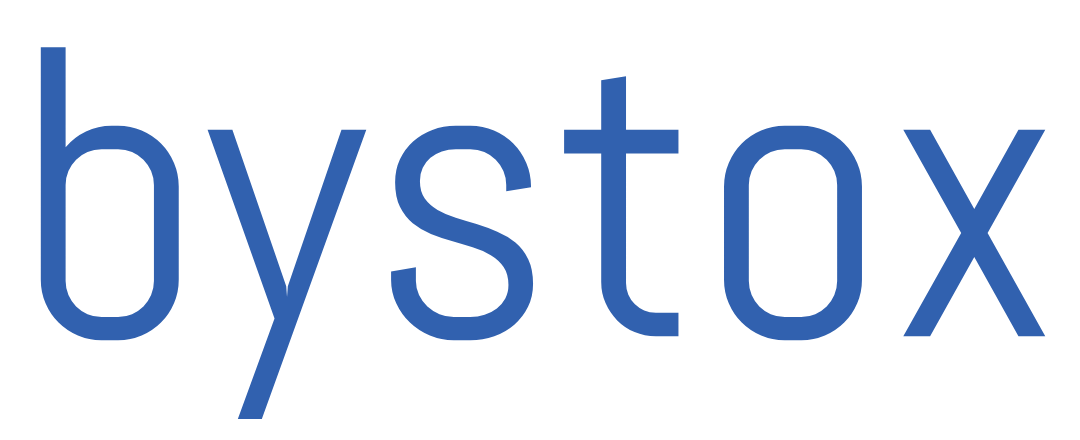In a startling development for Hong Kong’s embattled stock market, the shares of a prominent $1.9 billion listed firm nosedived by a staggering 99% within a mere 15-minute span. This unprecedented plunge struck China Tianrui Group Cement (1252.HK) as Tuesday’s trading session drew to a close, leaving analysts and investors scrambling for answers. As of now, the exact cause behind this dramatic downturn remains shrouded in mystery.
Despite the sudden turmoil, Tianrui Group Cement is no stranger to the spotlight. It garnered attention when U.S. private equity giant KKR made it the focal point of its inaugural mainland China investment back in 2007, subsequently facilitating its public listing four years later. Renowned for its contributions to major infrastructure endeavors like the South–North Water Transfer Project, the company boasts a considerable presence in the industry. Chairman Li Liufa, often hailed as “the wealthiest individual in Henan province,” commands a significant stake alongside his wife, collectively owning around 69% of Tianrui’s shares.
Despite its prominent stature, the company has succumbed to the challenges prevailing in the nation’s troubled real estate domain. Just last week, it disclosed a staggering net loss of 634 million yuan ($45.8 million) for the fiscal year 2023, marking a stark reversal from the 449 million yuan net profit recorded in the preceding year. Over recent years, Li has resorted to leveraging portions of his Tianrui stake to secure loans aimed at bolstering the company’s operations.
The circumstances have sparked conjecture among financiers in Hong Kong, suggesting that Li might have encountered a margin call. This scenario isn’t unprecedented. Notably, in January 2019, Jianyuan International Group, a homebuilder that later defaulted, witnessed a staggering 89% decline in a single session. Investigations later revealed that the plunge was triggered by a margin call on shares, which the company’s chairman had pledged as collateral for loans.
The challenge lies in the fact that substantial shareholders are not obligated to disclose whether they’ve borrowed against their stock, unless it’s linked to the issuer’s financing. Take Tianrui, for instance, which disclosed in a January filing that Yu Kuo, the entity holding Li’s shares, pledged 97 million shares, comprising just under 5% of its holdings, to secure a 12-month loan for the group. However, at first glance, this appears too insignificant to precipitate such a substantial price plummet.
Trading in Tianrui shares is currently suspended, awaiting an announcement regarding “inside information.” This pause may offer insights into why the company’s market value has dwindled to a mere $18 million. However, it underscores the necessity for greater transparency in the Hong Kong stock market. Stronger oversight from market watchdogs could help ensure that investors have access to comprehensive information before potential crashes occur, mitigating uncertainties and promoting market stability.
Given the context of the drastic plunge in the stock price of China Tianrui Group Cement, plummeting 99% in just 15 minutes before Hong Kong’s stock market closed on April 9, the company’s market value has been severely impacted. From a significant HK$14.6 billion ($1.9 billion), the market value has dwindled to a mere HK$141 million. This unprecedented event highlights the vulnerability of the company and underscores the urgency for greater transparency and oversight in the Hong Kong stock market to prevent such extreme fluctuations and protect investor interests.
The regulatory framework in Hong Kong permits substantial shareholders in listed firms to borrow against their stock without the obligation to disclose their pledged position. This lack of transparency can create challenges for investors and market participants, as it obscures crucial information about the financial health and stability of companies. The practice of undisclosed borrowing against stock adds to market opacity and may contribute to increased volatility and risk for investors. Addressing this loophole in regulation could enhance market transparency and investor confidence in Hong Kong’s financial markets.
Sources: reuters.com

